Tossing and turning all night long can leave you drained and low in energy the following day.
Editor Jane Garton suggests ways to help you sleep through the night.
A recent study from the University of Chicago Medical Centre[i] reveals that going to bed an hour or so earlier can result in you consuming fewer calories the following day. The reason it seems is that we feel hungrier when we are tired. But what if you want to drop a few kilos but suffer from insomnia and can’t get to sleep at night whatever the hour? Read on from some simple things to try for a peaceful night’s sleep.
Let the light in
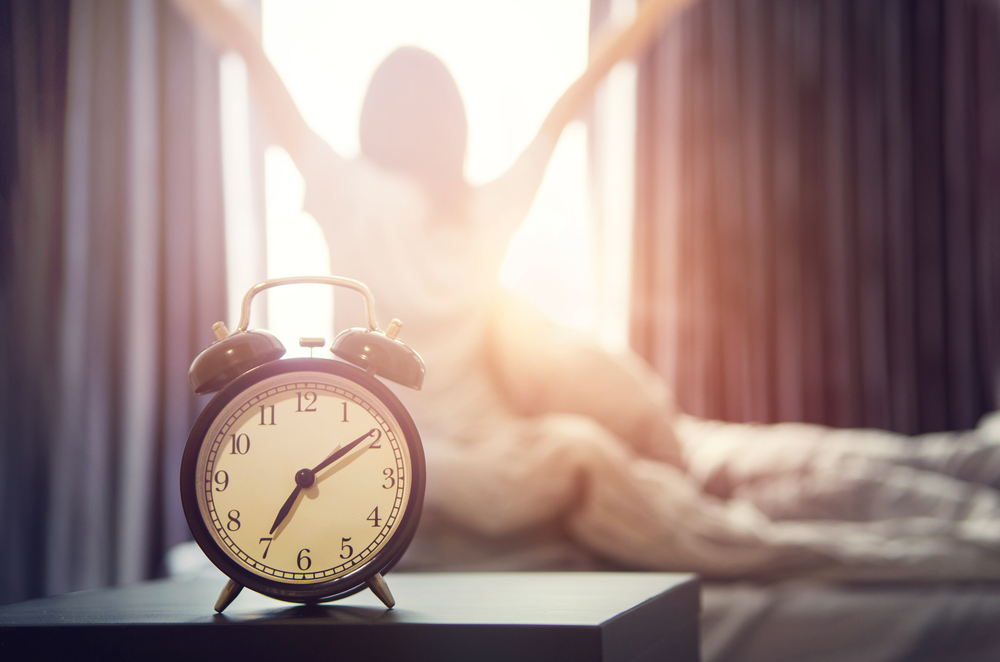
Catch the early morning light to reset your body clock and let it know that the day has started. Take an early morning walk or invest in a sunrise wake-up clock. Meanwhile, try to avoid bright light in the evening as darkness triggers the release of melatonin – the hormone that encourages sleep.
Switch off
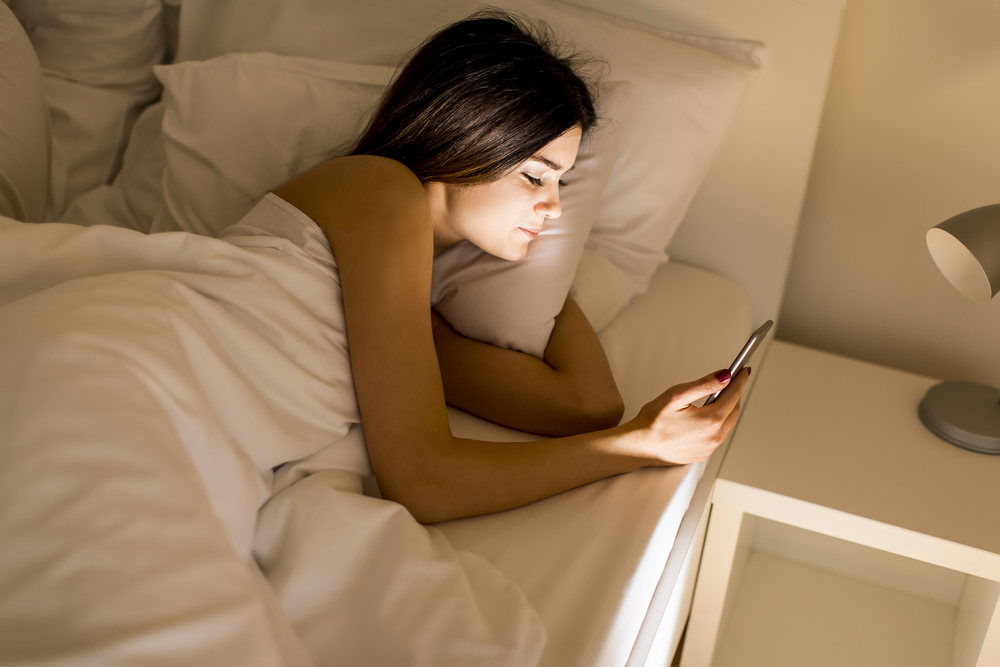
It is thought the light from mobile phones, computers, tablets, and TVs disrupts the working of the pineal gland in the brain blocking production of the sleep hormone melatonin. Make your bedroom a tech-free zone. Switch off your phone or tablet, leave it downstairs and resist the urge to check emails or Instagram before bed.
Turn your digital clock or clock radio away from you; use dark blinds or curtains or wear an eye mask. If you get up in the night to go to the loo don’t switch on the light. Use a torch or low-level landing light to help you see your way to the bathroom.
Move it

Exercise is crucial for a good night’s sleep so make sure you do some form of activity every day. While experts used to advise avoiding evening exercise, they now say to listen to your body clock. If you’re a night owl, evening exercise may suit you better. Indeed, research has found that exercising an hour and a half before bedtime is linked with more deep sleep and less light REM (dreaming) sleep.
Reduce anxious thoughts
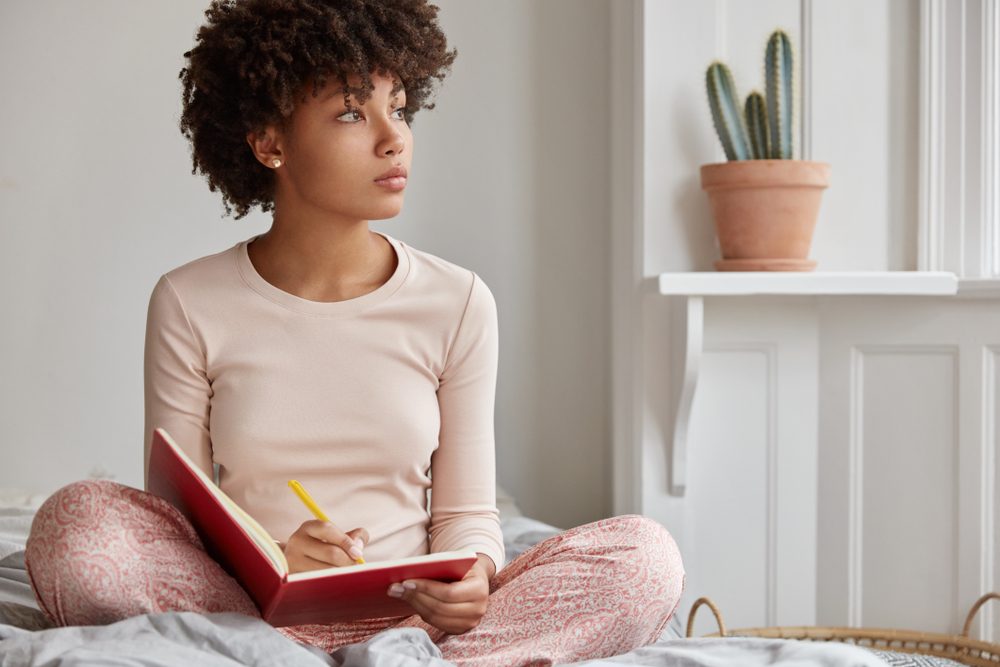
Anxiety is one of the biggest sleep thieves so try to quell it before it takes hold. Keeping a notepad beside your bed and writing down any worries before you turn in is a good first step.
Eat well

A healthy balanced diet helps promote good sleep. Watch your intake of alcohol and caffeine, especially later in the day, as both can disrupt quantity and quality of sleep. Piling up your plate late at night won’t do your sleep or your digestion any favours either as the digestive process can interfere with your body’s natural go-to-sleep messages.
Try to have your last meal of the day around two hours before turning in to give your digestion enough time to do its work. If you do get the midnight munchies go for a small healthy snack that combines complex carbohydrates and protein to help keep blood sugar levels stable throughout the night. A glass of low-fat milk and a banana or a small bowl of wholegrain cereal with skimmed milk are good choices. Alternatively, a cup of soothing chamomile tea often does the trick.
If you can’t get to sleep
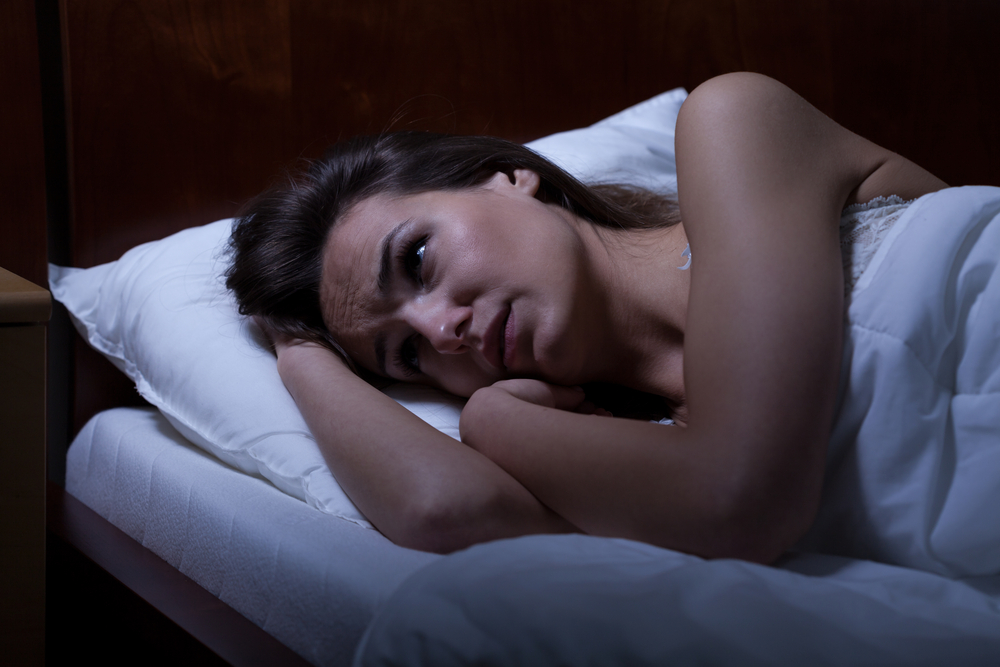
If sleep evades you don’t just lie there tossing and turning or counting sheep. Give yourself 20 minutes and then get up, go into a different room and try your hand at something relaxing. Research carried out at the Sleep Research Laboratory at Loughborough University shows that doing a jigsaw puzzle may do the trick.
Manage temperature

Your bedroom should be neither too hot nor too cold. Between 18 and 24oC is the optimum sleep-inducing temperature, say the experts. Any hotter and you could find it hard to drop off; any cooler and you risk feeling chilly. So, buy yourself a thermometer and get the climate right for a good night’s slumber.
Supplement it
If you feel your sleep could do with a gentle boost there are several remedies in the herbal medicine chest that may help
Camomile
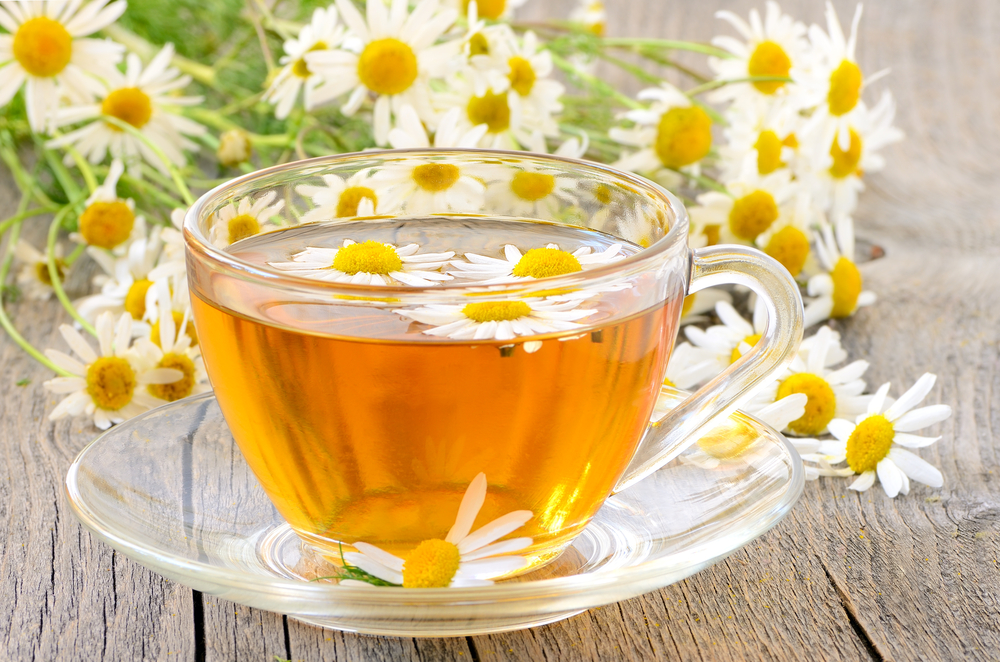
Camomile is a well-known natural remedy for sleep. Try it in a soothing night-time tea.
Valerian
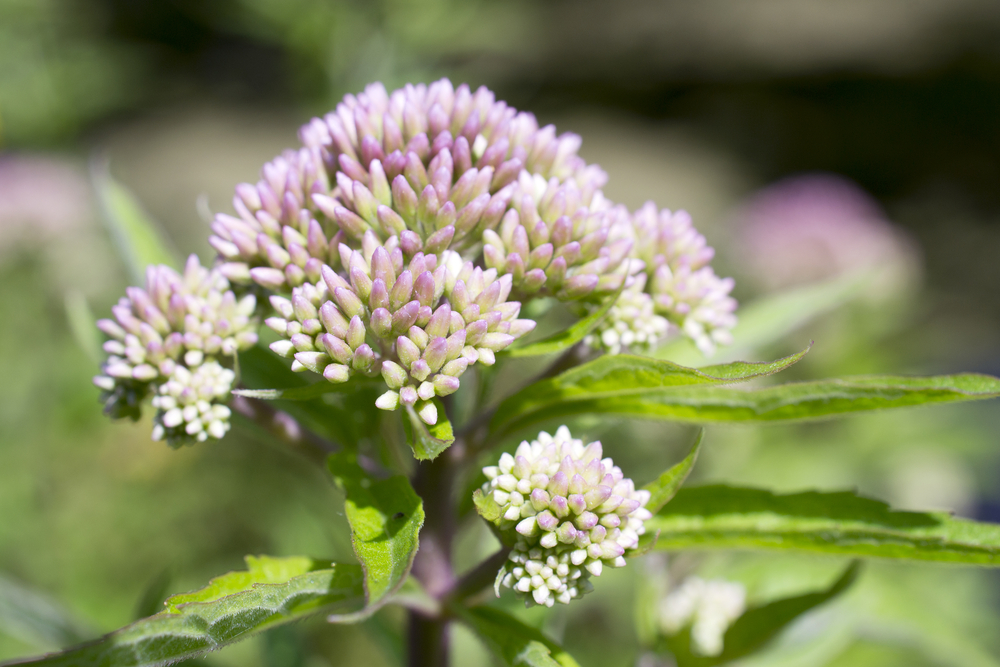
Extracts of valerian root contain iridoids naturally occurring compounds that have a beneficial effect on the nervous system so can calm you down for sleep.
Passionflower
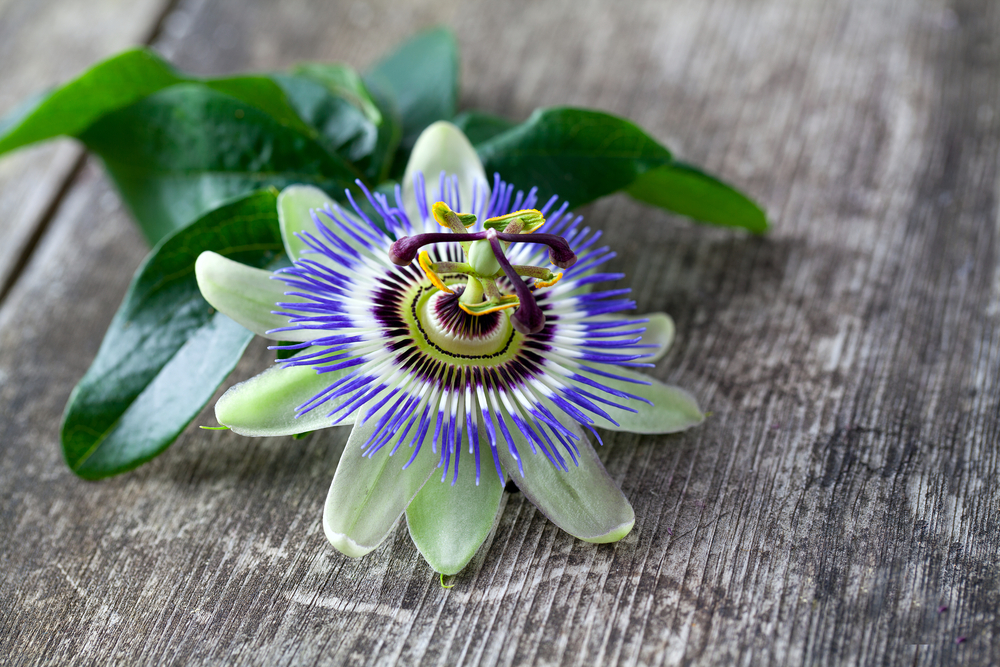
The vibrant blooms of the distinctive South American passionflower yield soporific fruits that are often used to calm nervous tension and combine well with camomile and valerian to aid sleep.
Lavender
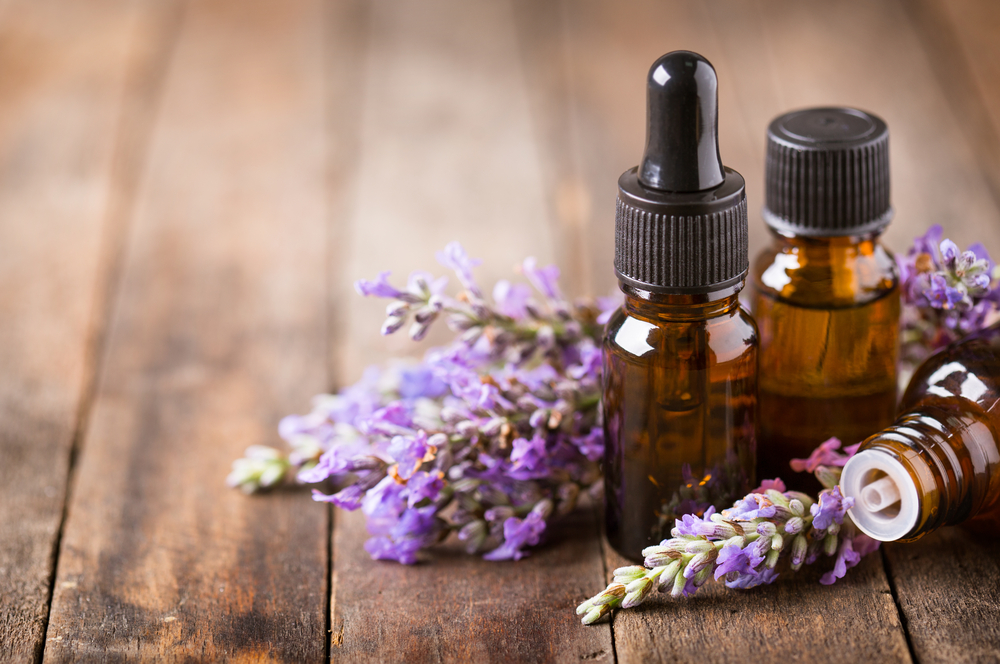
Dried lavender has been used as a sedative since the 12th century. Invest in a lavender pillow. Alternatively sprinkle up to four drops on your pillowcase and inhale the aroma as you drift off.
[i] Effect of Sleep Extension on Energy Intake Among Adults With Overweight Esra Tasali, MD; Kristen Wroblewski, MS; Eva Kahn, MS; et al

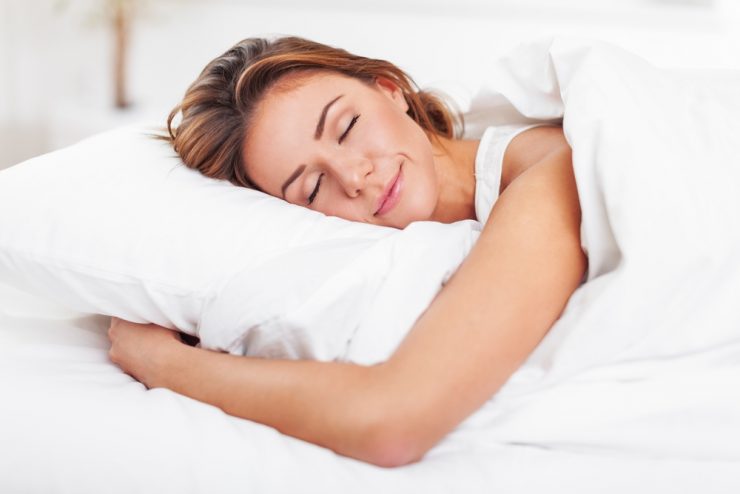


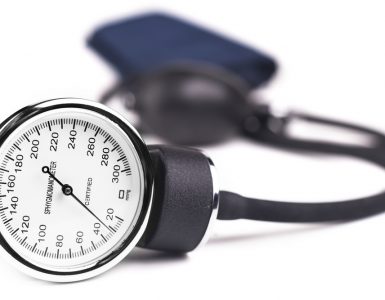




















Add comment